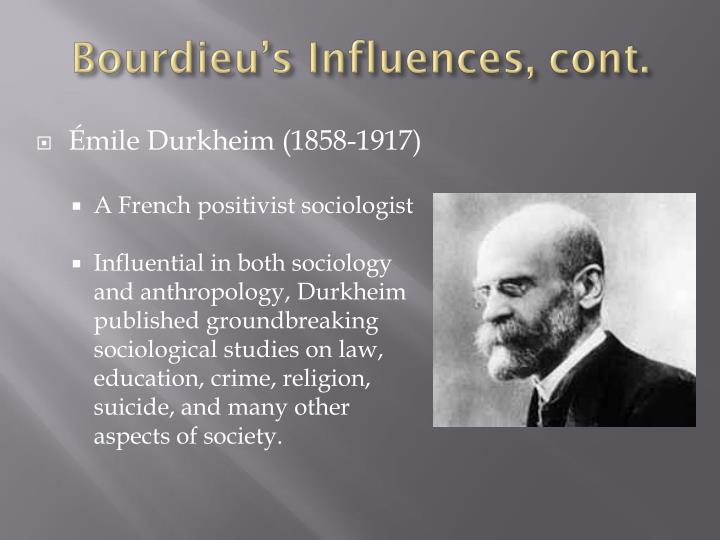


© London School of Economics and Political Science 2018. Lifestyle multiple correspondence analysis social space stratification taste.

Importantly, we highlight the relative autonomy of these spaces: Although they exhibit a similar structure, they do not overlap completely.

The fruitfulness of this approach is demonstrated by analysing the homology between the space of lifestyles and the social space through Multiple Correspondence Analysis of unusually rich data about lifestyles. In contradiction of a reading of Bourdieu as discarding the class-status distinction, we develop an alternative, neo-Bourdieusian account that recognizes class and status as distinct aspects of stratification, thereby allowing for a subtle analysis of their empirical entwinement. We argue that this is unconvincing in two respects: There are fundamental problems with their conceptualization of status, producing a peculiar account where one expression of status honour explains the other in addition, their portrayal of the Bourdieusian approach as one-dimensional is highly questionable. We discuss in particular Chan and Goldthorpe's influential, yet largely unchallenged, attempt to reinstate a strict version of the class-status distinction, mounted as an attack on 'Bourdieusian' accounts. As the most comprehensive account to date of the varied interpretations of cultural capital that have been developed in the wake of Bourdieu’s work, Culture, Class, Distinction offers the first systematic assessment of the relationships between cultural practice and the social divisions of class, gender and ethnicity in contemporary Britain.In this article, we address the classical debate about the relationship between the economic and cultural aspects of social stratification, typically cast in terms of Weber's distinction between class and status. In doing so they re-appraise the relationships between class, gender and ethnicity, music, film, television, literary, and arts consumption, the organisation of sporting and culinary practices, and practices of bodily and self maintenance. Drawing on a national study of the organisation of cultural practices in contemporary Britain, the authors review Bourdieu’s classic study of the relationships between culture and class in the light of subsequent debates. Bennett, Tony Savage, Mike Silva, Elizabeth Warde, Alan Gayo-Cal, Modesto and Wright, DavidĬRESC: Centre for Research on Socio-Cultural Change.Ĭulture, Class, Distinction contributes to international debates regarding the role of cultural capital in relation to modern forms of inequality.


 0 kommentar(er)
0 kommentar(er)
